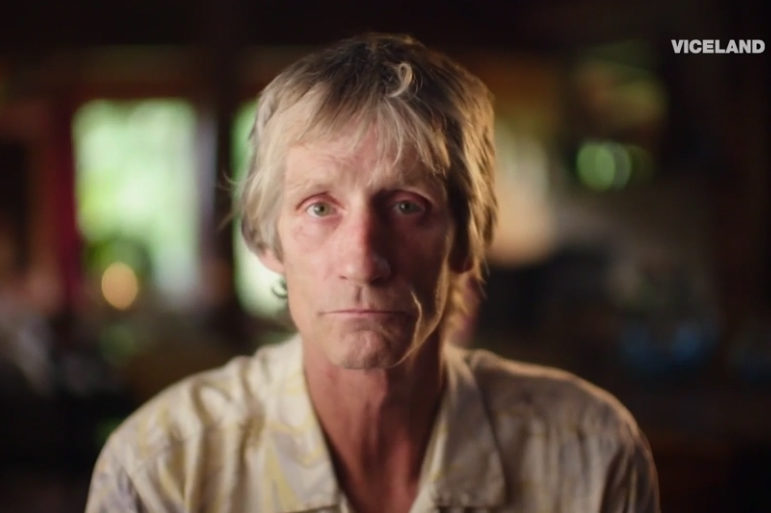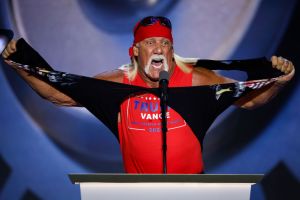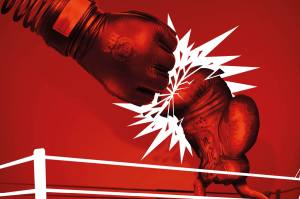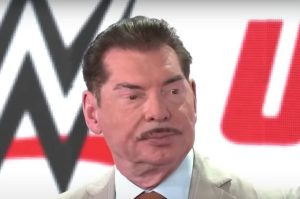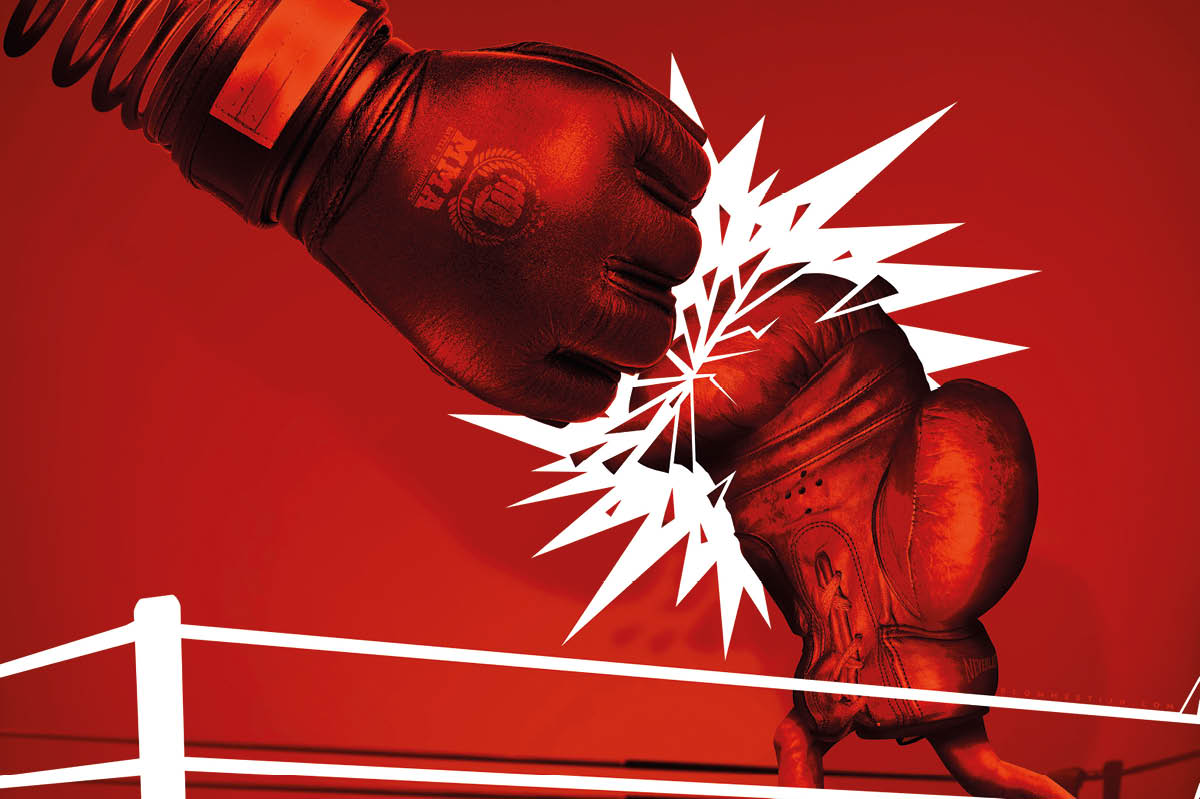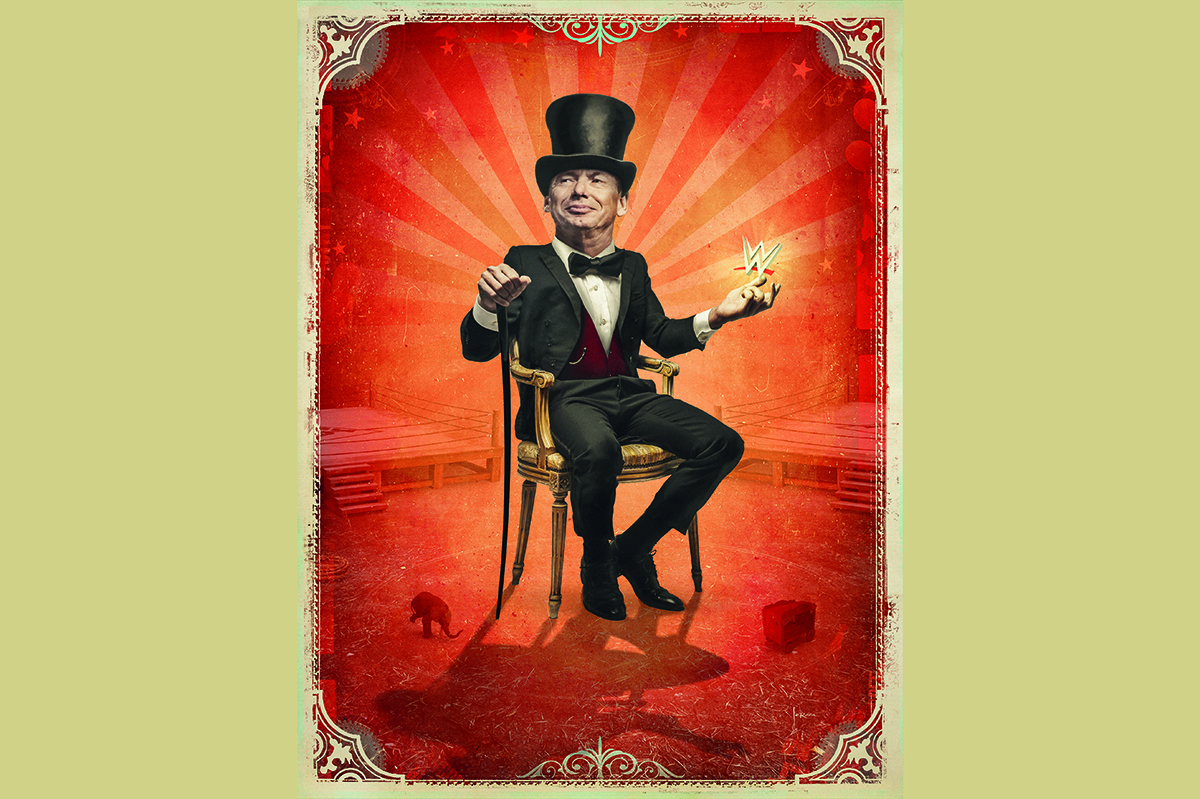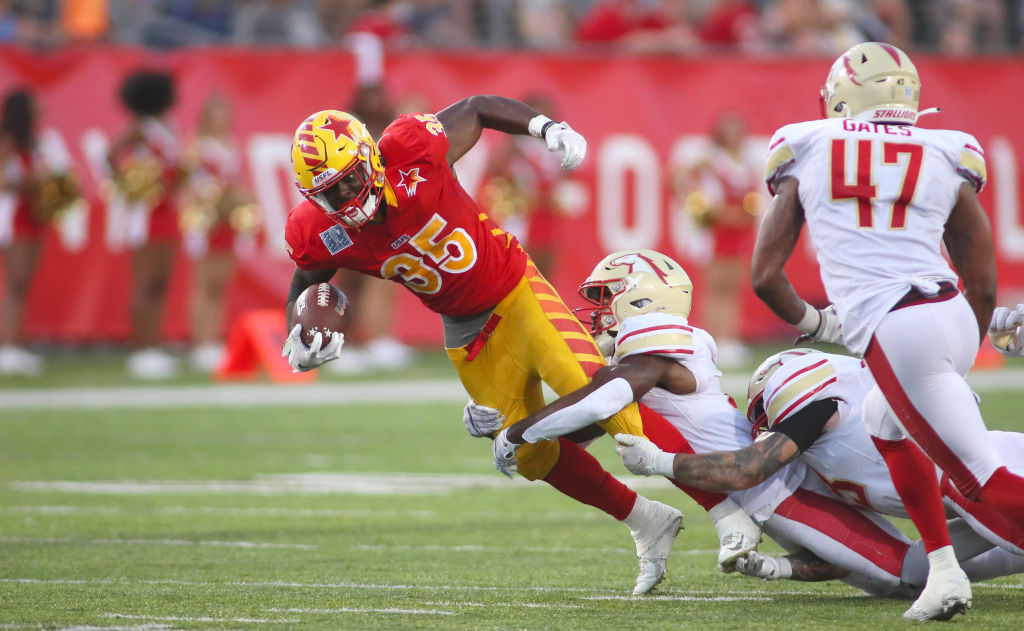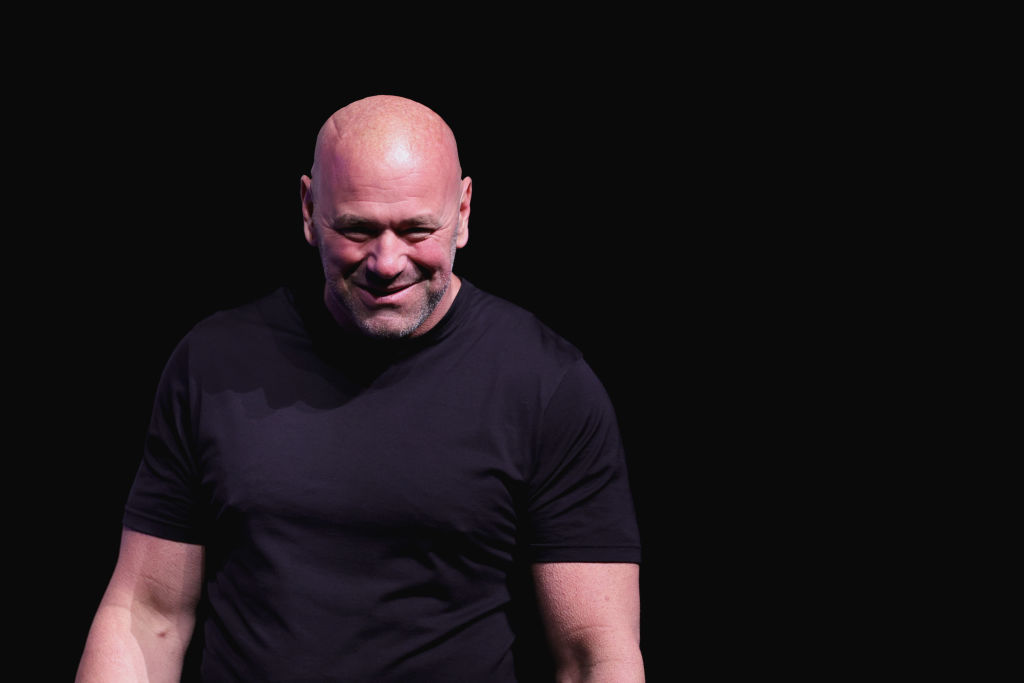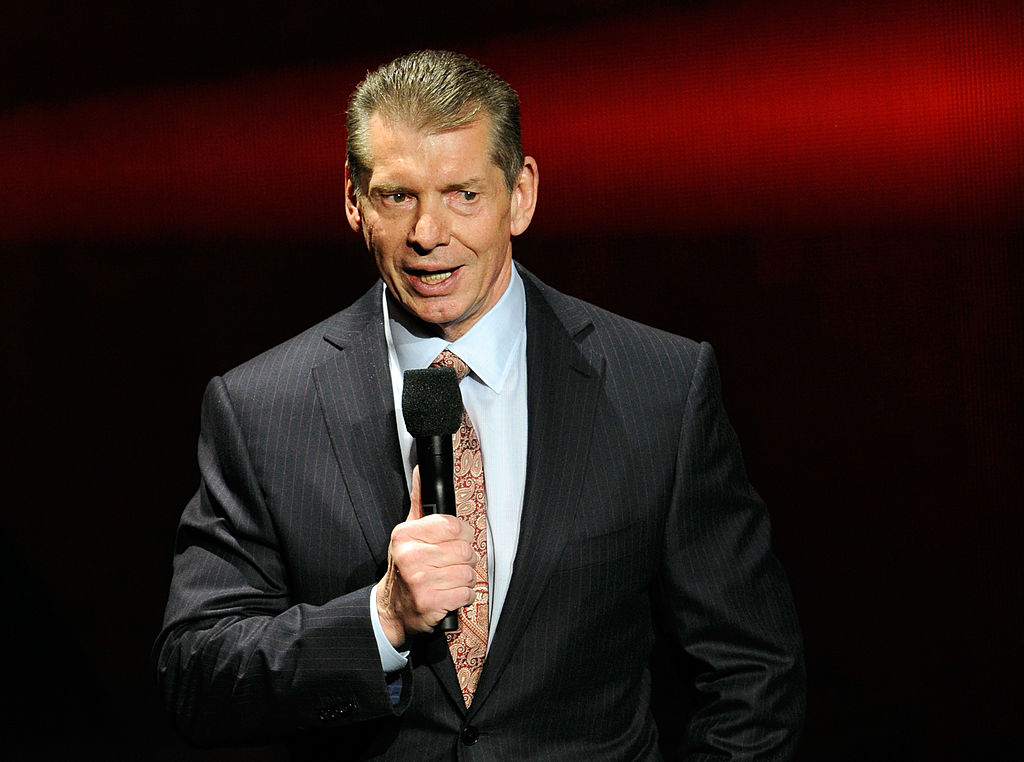The Von Erichs were, at one time, the toast of Texas: a family of chiseled, clean-cut American lads who took on bullies, thugs and liars in the wrestling ring. Girls wanted them. Boys wanted to be them. Advertisers wanted to throw money at them. Under the watchful eye of the family patriarch, Fritz, young David, Kevin and Kerry Von Erich seemed destined for greatness.
Then David died, on a tour of Japan. There were rumors of a drug overdose but the autopsy ruled that he had had a heart attack after suffering from enteritis. Young Mike Von Erich, though skinnier and less skilled, was rushed into his place on the cards of World Class Championship Wrestling but a violent fit of toxic shock after an operation, added to the weight of media and familial pressure, crushed him and he killed himself at the age of 23. Chris, the youngest Von Erich, was the smallest and sickliest, suffering from asthma and brittle bones. He had a wrestler’s heart but not a wrestler’s physique, and, frustrated and embarrassed, shot himself when he was 21. Kerry had been the strongest and most handsome of the Von Erichs, but was impaired by a motorcycling accident which led to the amputation of his foot and its replacement with a prosthetic. Hooked on painkillers, and facing legal struggles, a divorce, a fading career and a tremendous, overwhelming weight of grief, he shot himself at the age of 33. ‘Once I had five brothers,’ Kevin Von Erich has said (the eldest, Jackie, drowned when he was six years old), ‘Now I’m not even a brother.’
The Von Erich tragedies occupy one episode of the splendid Viceland series Dark Side of the Ring, but other episodes detail other tragedies close to them. One of their allies was the towering wildman Bruiser Brody. Brody, an abrasive, intelligent businessman, was stabbed to death by a Puerto Rican wrestler and ‘booker’ who escaped prosecution. One of the Von Erichs’ greatest rivals was the flashy braggart Gino Hernandez. Hernandez died of a cocaine overdose at the age of 28. His episode of the series flirts with the idea that he was murdered but ultimately accepts the likelihood that it was accidental.
It was in the nine-year span between David and Kerry Von Erich’s deaths that wrestling was at its biggest. Vince McMahon, through the World Wrestling Federation and its megastar Hulk Hogan, presented wrestling as wholesome, inspiring Americana: a stage on which godlike heroes defeated scheming villains with the power of vitamins and Christianity. Under his command, the WWF overpowered the humble territory system and rampaged into the mainstream of American life.
Yet despite the more professional appearance there were no fewer demons in the WWF. Added to the physical struggle of performing was the emotional labor of incessant travel. The performing was enhanced with steroids and painkillers and the tedium, fatigue and loneliness were treated with drugs and alcohol. The episode devoted to the crumbling relationship between ‘Macho Man’ Randy Savage and his on-screen valet and real-world wife Miss Elizabeth documents the toll this takes on male and female performers.
Wrestlers have always lived by the tradition of ‘kayfabe’, according to which they act as if their conflicts are real. Behind the curtain, of course, decisions as to which wrestlers lost and which wrestlers won involved a lot of cynicism and dishonesty. Vince McMahon’s double crossing of his champion Bret Hart is an infamous example. Hart was leaving to the WWF’s competitor, and refused to drop his belt to his famously obnoxious rival Shawn Michaels. McMahon, fearing that he would take off with the belt, ended Hart’s final match when Michaels had him in his own submission move. He had not submitted, but he was announced the loser.
McMahon’s actions were arguably justified in this case. Indeed, there is something comical about the same tone of anguished seriousness being applied to an act of public embarrassment as to murder, suicide and drug addiction. Yet wrestlers have taken the business very seriously, not just as a source of income but as a way of life. Kevin Von Erich claims in Dark Side of the Ring that his domineering dad insisted that David fly to Japan despite the fact that he was vomiting before he left, because the Von Erichs never missed the dates they had agreed to. Later, Fritz would rush young Mike back into the ring after his near-miraculous recovery from toxic shock. He loved his sons, of course, but somehow the business transcended human concerns.
As the wholesome image of the industry was shattered by a whirlwind of deaths, drugs and sex scandals, you might have thought a cheated public would have abandoned wrestling. It declined, for a while, in the 1990s, but then rebounded, acquiring an audience that wanted a rougher, edgier product and that was fascinated by the rumors and revelations that emerged from the dressing rooms. Never again could a promoter con the public as effectively as a Von Erich or a McMahon had done. The viewers crave gossip, and supply meets demand. This fascination with the conflict between ‘kayfabe’ and real life explains why there has been a market for this series.
Yet it also explains why professional wrestling is such great Americana. As well as the athleticism, and the spectacle, and the theatrics, there is the tension between the grand drama and the grimy truth that is evocative, as much as anything, of the tension between innocence and experience that has defined the United States. The inflated physiques, and the grand ideals, and the undercurrents of suffering, vice and paranoia, are as American as turkey at a Thanksgiving meal.
There are some beams of light in a dark series. Jake Roberts and Scott Hall, both wrestlers who endured mental illness and drug addiction, appear looking healthy, and speaking warmly, amid the improbable second lives that fellow wrestler, yoga guru and motivational speaker Diamond Dallas Page has helped them to enjoy. Kevin Von Erich, meanwhile, the lone survivor of Fritz’s family, is a bruised but strong, stoical presence, living next to a Pacific Ocean that, he claims, has no memory. But Von Erich has memories. He is not just haunted by the suffering he has felt and witnessed, but consoled by the memories of those brief, triumphant years where he and his brothers ran out of their humble Texan family home and found themselves on top of the world.



